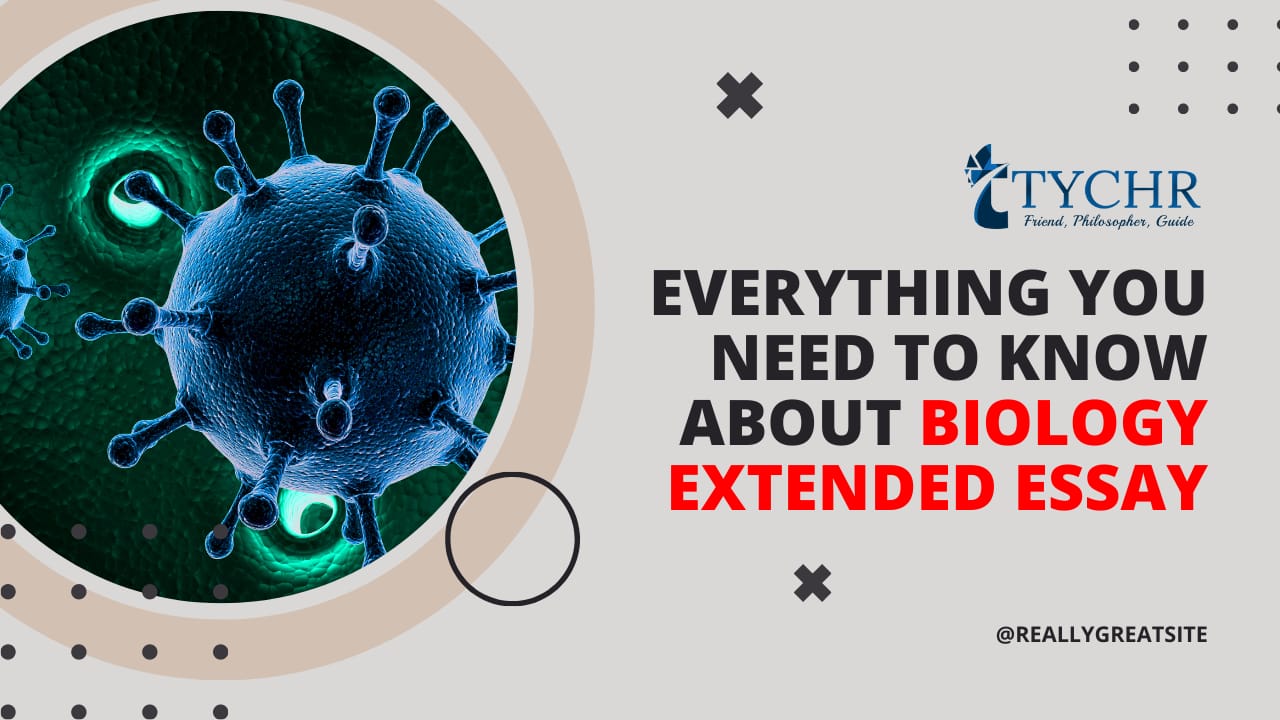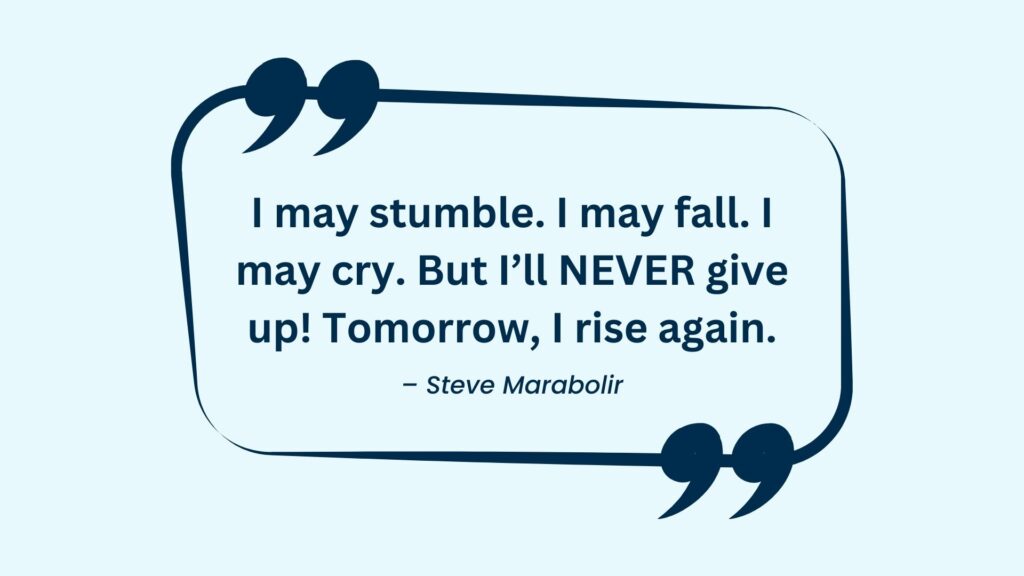Table of Contents
Why Biology
When you enter IB, everyone starts rambling about IAs and TOK and the EE. The EE, short for Extended Essay, is a 4000 word essay that you are required to write for any of the IB classes that you have taken, whether it is SL or HL. Its purpose would essentially be to test your research and analysis skills, inclusive of what degree you are willing to go till, along with how to solidify and prove your claims and evidence. The Biology extended essay is very similar to the construction and working of any experimental science IA but the scope and the amount of research is more quantitative and qualitative. Now, there are two ways you can write your extended essay:
- Using data from previous research papers and experiments
- Conducting your own experiments and obtaining your own data
Though both are possible, we recommend that you conduct the experiment on your own and also compare it with other data as well. The reason for this is that it displays that you have taken the effort to explore and analyse the research question you have synthesised and how you are curious as to whether your initial hypothesis is true or false. It also provides you additional content for your analysis and conclusion if you had stumbled upon any unexpected outcomes or phenomenons.
Biology extended essays also provide you with a vast amount of previously conducted research papers and experiments that you can refer to, which can help with proving the accuracy and validity of your experiment and results. In all honesty, the biology extended essay is recommended for students that plan to pursue:
- Pre-med
- Biomedical Engineering
- Biotechnology
- Health-related majors
Diving into the Extended Essay
The EE generally is an essay with a maximum word limit of 4000 words excluding some components of the essay such as the tables, graphs and more. You must have an EE advisor, who is essentially a teacher at your school that monitors your extended essay progress and will validate the topic selected and the improvements that can be made regarding your extended essay. You must also fill a reflection form, which is basically a form that requires candidates to jot down the progress of the extended essay so far. It essentially gives the examiner and advisor of what you have thought of for your EE, the effort and creativity that you have put in and what they can expect. The EE along with your TOK score cover 3 points in your final total grade of 45. It is extremely important as receiving a failing grade in your extended essay with the combination of your TOK grade will disqualify you from receiving a diploma. The extended essay is graded out of 34 points according to a rubric. There are 5 grades that you may receive for your extended essay and then the not submitted condition(N):
- A – [30-36] (Excellent)
- B – [25 – 29] (Good)
- C – [17 – 24] (Satisfactory)
- D – [9 -16] (Mediocre)
- E – [0 – 8] (Elementary)
- N – (Not Submitted)
The following below is the rubric that evaluators utilise to assess the value and quality of your extended essay:
- Criterion A: Focus and Method [6 points]
- Criterion B: Knowledge and Understanding [6 points]
- Criterion C: Critical Thinking [12 points]
- Criterion D: Presentation [4 points]
- Criterion E: Engagement [6 points]
Now, what do each of these sections focus on? Here’s a brief of each of them below:
Criterion A:
This criterion focuses on the topic, research question and the methodology that is taken by the candidate. These 3 parts of the extended essay would basically be the beginning of the extended essay. In order to achieve 5-6 points in this section, you have to:
- Ensure that the topic is clearly stated and that the purpose and research of the topic is communicated and understood properly.
- The research question formed is specific, clear and related to the topic of the extended essay
- The methodology that has been selected is appropriate for the formulated research question and that the methodology is effective and proven to be true.
Criterion B:
Criterion B is regarding the application and relevance of research and the knowledge of the topic that is portrayed by the candidate in the extended essay they have written. In order to achieve 5-6 points in this section:
- The knowledge possessed by the candidate must be effectively displayed within the essay
- The application and relevance of the research must be implemented in a manner that it supports and complements the research question of the extended essay
Criterion C:
Criterion C is basically how well you have analysed the data and research you have obtained and how you are able to correlate the data and research. It carries a significant amount of points in the rubric so you need to ensure that this part is extremely solid and justified within the extended essay. In order to achieve 10-12 points in this section:
- The research conducted is accurate and yields excellent and reliable data
- The interpretation and analysis of the data obtained is according to the data and displays the candidates attention to detail.
- The evaluation of the data obtained along with the research conducted resulted in the formation of strong and valid arguments and conclusions.
Criterion D:
This criterion carries 4 points of the extended essay but it is also very important. This section is regarding the structure and formatting of the essay inclusive of the word count, how tables have been arranged, the selection of graphs, organisation of parts of the extended essay, the appendix format, references section formatting and more. Achieving 4 points in this section will not be a challenge as formatting your essay in an extremely ordered manner is not too difficult to accomplish.
Criterion E:
Criterion E is a bit complicated to explain but in a blunt manner, it’s a criterion that assesses how interested and how much dedication and effort the candidate has placed into their extended essay. This includes the qualitative and quantitative aspect of research conducted, the outcome achieved by the candidate, the reflections that the candidate has attained after the experiment and even the realisations by the candidate of how to improve and extend their research.
When to Start:
For a biology extended essay, the recommended time to start your extended essay would be 2 months prior to the beginning of IBDP year 2. The reason why so early compared to other groups and extended essay subjects is because for conducting your research and obtaining data live, it will definitely consume a great amount of time as you may have to grow plants for your research. Additionally, if something goes wrong, you will need to restart and this will consume additional time. So, by selecting and fixing the extended essay topic early, you will be able to have enough time to complete the rest of the essay and make valid and solidified analysis and arguments, which will strengthen your essay.
Pointers to take with you:
Here are some tips that you could definitely use while starting your Biology Extended Essay:
- Ensure that the experiment is feasible in your school laboratory. If you require too much equipment that isn’t available, then it’s not advised to take this experiment as it may become financially expensive and could also become time consuming.
- Make sure that you consult with your EE advisor, who is most probably your biology teacher at school, regarding segments of the extended essay. Ask their opinion regarding the research question and methodology. If they provide suggestions, keep those in mind and assess the possibilities that you have when stepping forward with your essay.
- Data needs to be reliable and accurate. Do not falsify your data or approximate it to the extent that the experiment becomes invalid. Ensure that you record everything, including qualitative features that occur during the experiment.
- Explore. Explore your research and be a bit curious with your research. If you do that, you can automatically strengthen your extended essay by implementing that curiosity into your analysis, conclusion and background information segments of your essay.
- Try to fix a topic and begin research early. As mentioned above, try to start 1 or 2 months before IBDP year 2. This way, you can re-conduct your experimentation and obtain data again if something goes wrong such as the plants failing to grow or your own dissatisfaction with the data obtained.
So, there you have it. The Biology Extended Essay. In all honesty, the biology extended essay is recommended for students that plan to pursue:
- Pre-med
- Biomedical Engineering
- Biotechnology
- Health-related majors
The Biology extended essay also enables you to provide and implement various arguments that strengthen the purpose and claims of your extended essay and also enable you to conduct experiments, which indirectly could boost your criterion A, B and C to an extent.












